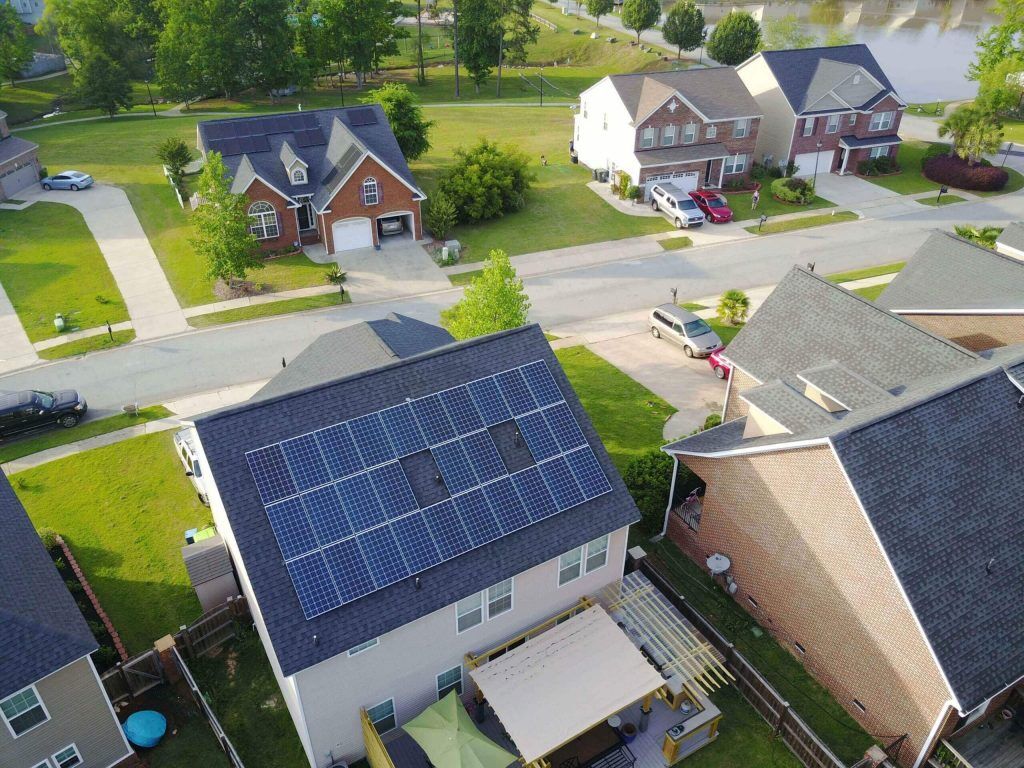Advantages and Disadvantages of Solar Batteries
One of the main advantages of solar batteries is their ability to provide energy independence from the grid. Solar batteries allow you to store excess solar energy when needed most, so you are not reliant on the grid for your electricity needs. This can be especially useful when power outages or high electricity prices are expected.
Another advantage of solar batteries is their ability to reduce electricity costs. Using stored solar energy instead of drawing power from the grid can save money on electricity bills. Solar storms can also participate in demand response programs, which pay homeowners and businesses to reduce their electricity usage during peak demand periods.
While there are many advantages to using solar batteries, there are also some disadvantages. One disadvantage is the initial cost, as solar batteries can be expensive to purchase and install. Another disadvantage is the maintenance requirements, as solar batteries must be regularly checked and cared for to ensure they function correctly. Solar storms also have a limited capacity, meanings they can only store a certain amount of electricity simultaneously. This can be an issue if the home or business has high energy needs or the solar energy system needs more electricity to meet those needs.
Conclusion
Solar batteries are an important part of any renewable energy system, allowing homes and businesses to store excess solar energy when needed. When choosing a solar battery, it is important to consider factors such as capacity, depth of discharge, round-trip efficiency, life expectancy, and price. Proper maintenance and care are also key to ensuring that solar batteries perform at their best and have a long lifespan. While some disadvantages to using solar batteries, such as initial cost and maintenance requirements, the benefits of increased energy independence, reduced electricity costs, and energy security make them a worthwhile investment for many homeowners and businesses.
At Poly Energy Solar Columbia, our team of solar battery experts is here to help you choose the best solar battery for your needs. We can provide you with a detailed analysis of each solar battery option and helpful tips on caring for and using your batteries correctly.



